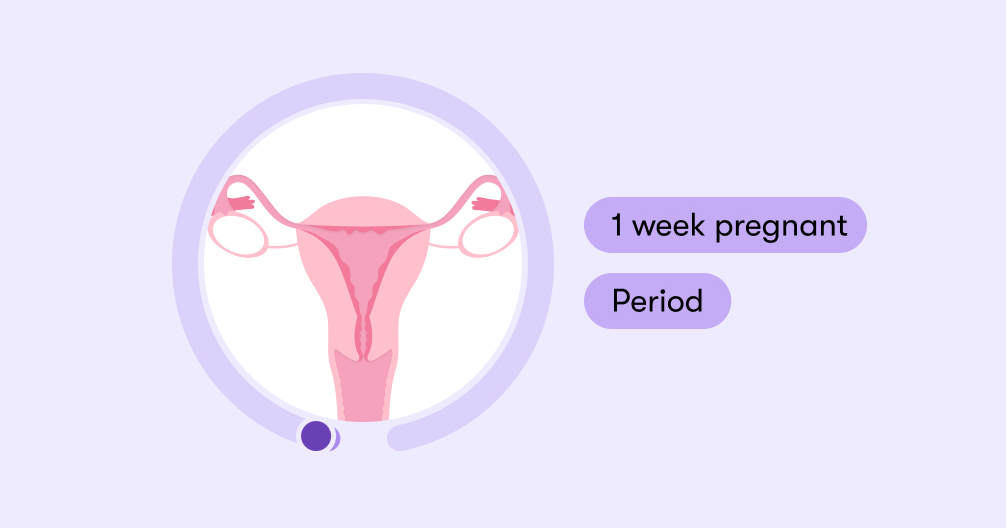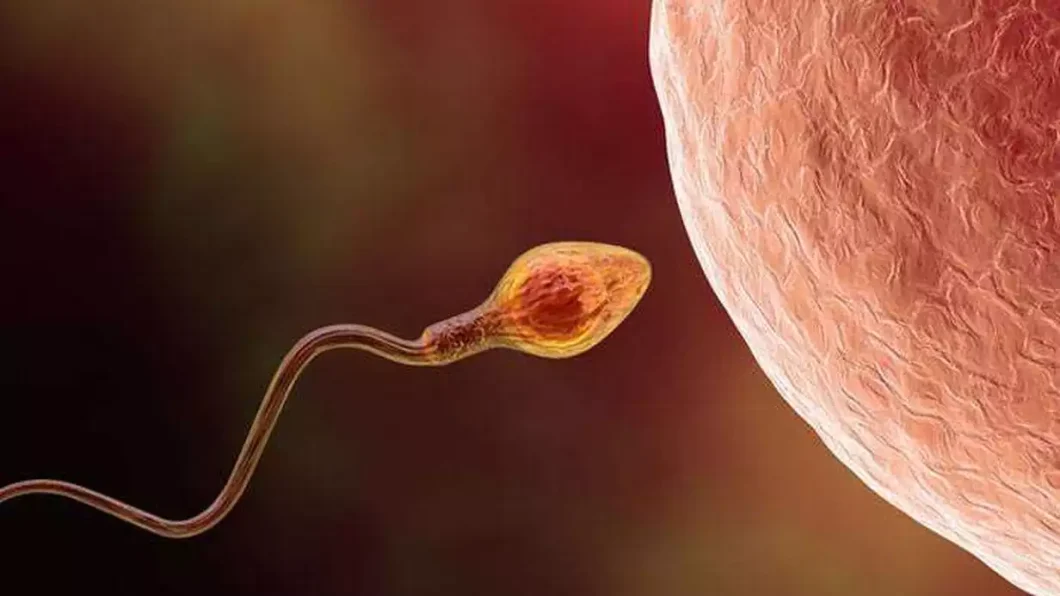During the first week of pregnancy, conception typically occurs. This marks the beginning of the pregnancy journey. Here’s a detailed breakdown of what happens during this time:
1. **Menstrual Cycle:** The first week of pregnancy usually begins with the start of a woman’s menstrual cycle. If conception occurs, this period would be the last menstrual period (LMP) before pregnancy.
2. **Ovulation:** Around the middle of the menstrual cycle, typically around day 14 in a 28-day cycle, ovulation occurs. This is when the ovary releases an egg into the fallopian tube, where it awaits fertilization by sperm.
3. **Fertilization:** If sexual intercourse takes place around the time of ovulation and sperm successfully fertilizes the egg, conception occurs. This usually happens within 24 hours of ovulation but can occur up to 5 days after.
4. **Implantation:** After fertilization, the fertilized egg, now called a zygote, begins its journey down the fallopian tube towards the uterus. By the end of the first week, the zygote reaches the uterus and implants itself into the uterine lining. This process is known as implantation.
5. **Cell Division:** Once implanted, the zygote begins to undergo rapid cell division, forming a cluster of cells called a blastocyst. The blastocyst consists of two layers: the inner cell mass, which will develop into the embryo, and the outer layer, which will become the placenta.
6. **Hormonal Changes:** Hormonal changes occur to support the early stages of pregnancy. Levels of hormones like estrogen and progesterone increase to maintain the uterine lining and support the developing embryo.
7. **Early Pregnancy Symptoms:** While it’s too early for typical pregnancy symptoms like morning sickness or breast tenderness to occur, some women may experience mild cramping or spotting around the time of implantation.

Overall, the first week of pregnancy is a crucial time when conception occurs and the journey of new life begins. It’s essential for women who are trying to conceive to track their menstrual cycles closely and be aware of signs of ovulation to optimize their chances of getting pregnant.

